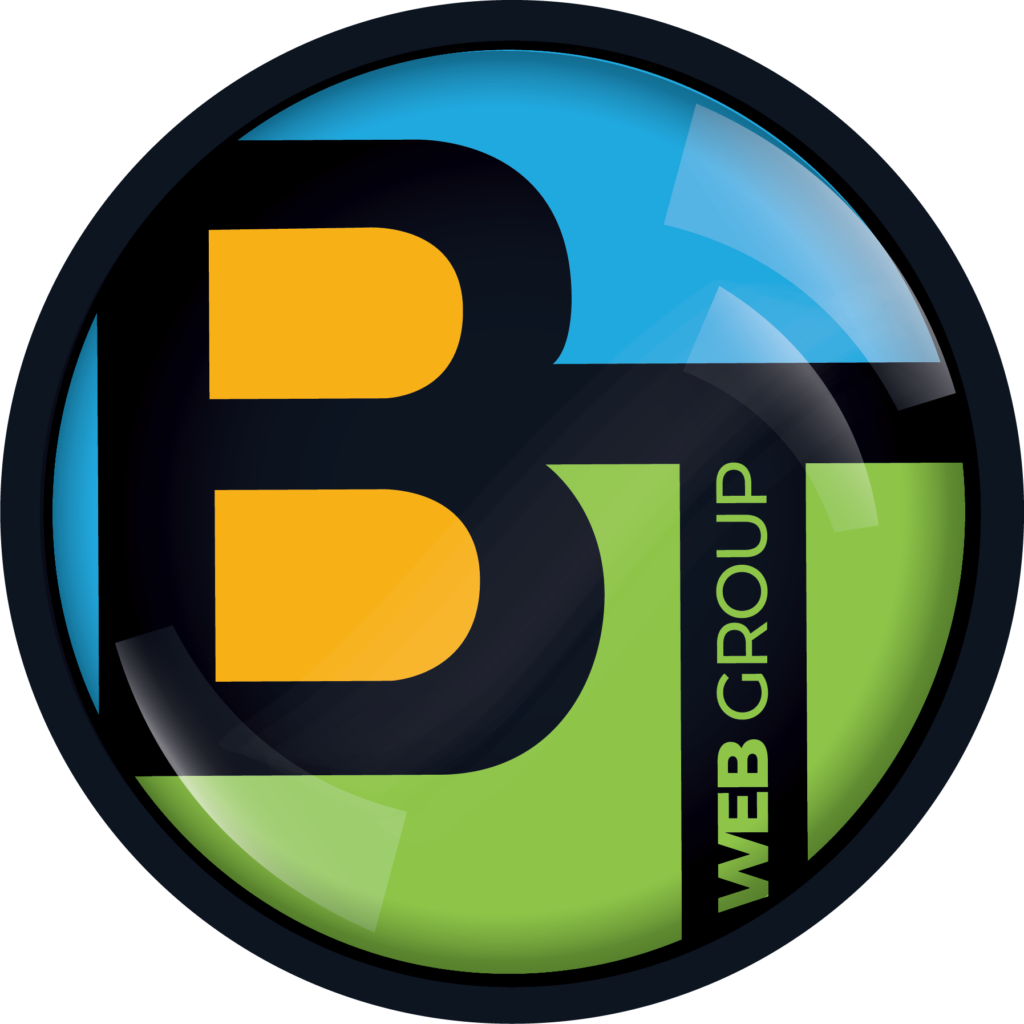
We all need a strategy to move from point A to point B, no matter what profession we’re in. Do you want to grow your business, but you don’t know where to begin or what to do?
If so, the answer is that you have to be strategic. If you want exposure to new ideas, ways of thinking, and diverse knowledge, then reading is crucial. And it’ll help you grow your business. Reading will expose you to other entrepreneurs’ successes or failures and you’ll learn from others how to scale your business and remain focused on your goals.
Reading the following business strategy books will help you see how you can take the mental leap from point A to point B.
Reinvent Your Business Model: How to Seize the White Space for Transformative Growth by Mark W. Johnson
Knowing when you need to change directions in a business is one of the most challenging tasks for a business owner. Reinvent Your Business Model by Mark Johnson is a new book on business models’ innovation and transformation.
Johnson is the co-founder of Innosight, an innovation and strategy consultation firm, which he founded with Clayton M. Christensen, a Harvard Business School professor. In this book, Johnson offers a practical framework on how business models work and he includes great case studies of businesses that have attained great success by changing their models. This book is great for business owners who want to know if, and when, their company needs to adopt a new business model.
Leap: How to Thrive in a World Where Everything Can Be Copied by Howard Yu
One of the biggest challenges most business leader face today is increasing competition. There is a constant fear of a business being copied and having their products produced more quickly and cheaply.
Howard Yu is a professor of management and innovation at IMD business school in Switzerland. In Leap, he offers insights into what entrepreneurs can do to break away from the constant fear of competition. In the book, Yu gives insights into what business leaders can do and what they can learn from organizations that have survived competition and copycats.
Rebel Talent: Why It Pays to Break the Rules at Work and Life by Francesca Gino
Francesca Gino is a behavioral scientist and Harvard Business School professor. The focal point of Rebel Talent is rebels – people who consciously don’t follow rules, or have difficulty following rules that are good for business. This is because rebels believe they don’t have limits to what they can achieve. Rebels challenge the status quo.
Instead of punishing or trying to confine rebels, business owners should strive to create conditions where rebels can flourish.
In an age of standardization, this may seem challenging. However, Gino breaks this down by describing elements of rebel talent: curiosity, novelty, diversity, perspective, and authenticity. Rebel Talent is in the mold of behavioral economics classics; it uses academic studies as examples, and data to prove provocative points.
Gino cites studies that tie novelty to the engagement at work. Also, she sets out eight powerful principles of the rebel leadership, three of which are the most distinctive: encourage constructive disagreement and open conversations; learn everything and forget everything by going back to the basics; and facilitate happy accidents by building workplaces that promote collaboration.
Gino emphasizes that rebels make time to think and wonder even if they’re fully engaged in their work, and they’re very busy. Rebel Talent prompts the question of why more business owners don’t make it easier for rebels to flourish. And we push the argument further; why are many workplace cultures not inclusive, making the word rebel become unneeded?
Measure What Matters by John Doerr
John Doerr, a pioneering venture capitalist, describes how a simple strategy used to great effect by very successful engineering firms can be used by anyone. Doerr believes in the mantra that, “Ideas are easy. Execution is everything.”
In Measure What Matters, Doerr notes that objectives are what you want to accomplish, and the key results help you benchmark and determine how you’ll get there. Using this strategy needs four objectives and key results (OKRs) principles: focus, alignment, monitoring, and stretching. OKRs motivate people to achieve what seems impossible.
This book is great for start-ups which desperately need some structure and focus as they strive to survive and scale.
Good to Great by Jim Collins
Jim Collins, a master at what makes a great company successful, outlines the patterns of mediocre companies and what behaviors they need to change to go from good to great. In Good to Great, Collins demonstrates how leaders can uplevel their leadership, specifically from a level 1 to a level 5. He incorporates the ideas of “personal humility with intense professional will.”
This book is great for a company (small or large) to activate their best talent to achieve maximum results. His blue print gives business owners the GPS to create a culture of evolutionary leadership.
Which books would you add to our must have list for business strategy?

